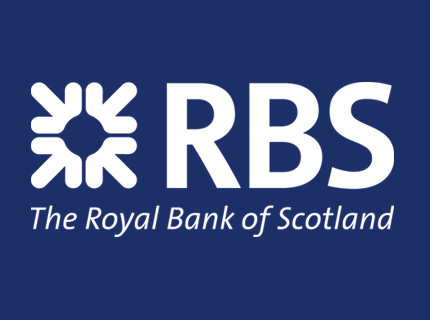LONDON, (Reuters) – Britain’s Royal Bank of Scotland will pay U.S. and British authorities $615 million and plead guilty to wire fraud in Japan to settle allegations it manipulated global benchmark interest rates.
“The RBS board acknowledges that there were serious shortcomings in our systems and controls and also in the integrity of a small group of our employees,” Chairman Philip Hampton said today.
 “This is a sad day for RBS, but also an important one in continuing to put right the mistakes of the past.”
“This is a sad day for RBS, but also an important one in continuing to put right the mistakes of the past.”
More than a dozen traders at RBS offices in London, Singapore and Tokyo manipulated the London interbank offered rate (Libor), which is used to price trillions of dollars worth of loans, from at least 2006 until 2010.
The rigging continued even after traders learned that Libor submissions were being probed.
In a bid to avoid a political firestorm, the part state-owned bank will cut into its staff bonuses to pay the fines, the second-largest so far in an international investigation that has already implicated Switzerland’s UBS and Britain’s Barclays.
Some 87.5 million pounds ($137.1 million) will be paid to Britain’s Financial Services Authority, $150 million to the U.S. Department of Justice and $325 million to the U.S. Commodity Futures Trading Commission.
Like UBS, RBS did not have to admit criminal liability in the United States, meaning it can retain its banking licence there and avoid a fire sale of its U.S. business Citizens.
The bank said John Hourican, head of RBS’s investment bank, had agreed to leave following the misconduct of staff in that business. Hourican had no involvement in or knowledge of the misconduct, RBS said.
Critics say the scandal over manipulation of Libor shows banks’ riskier activities should be separated from basic lending functions.
UBS agreed in December to pay fines of $1.5 billion to regulators in the United States, Britain and Switzerland over Libor rigging. Its unit in Japan, where much of the wrongdoing occurred, pleaded guilty to criminal fraud. U.S. prosecutors also filed criminal conspiracy charges against two former UBS traders allegedly at the heart of the scheme.
Barclays got a non-prosecution agreement and paid $453 million in penalties. Barclays’ three most senior executives, including then chief executive Bob Diamond, were also forced to leave the bank in the wake of the Libor debacle.





